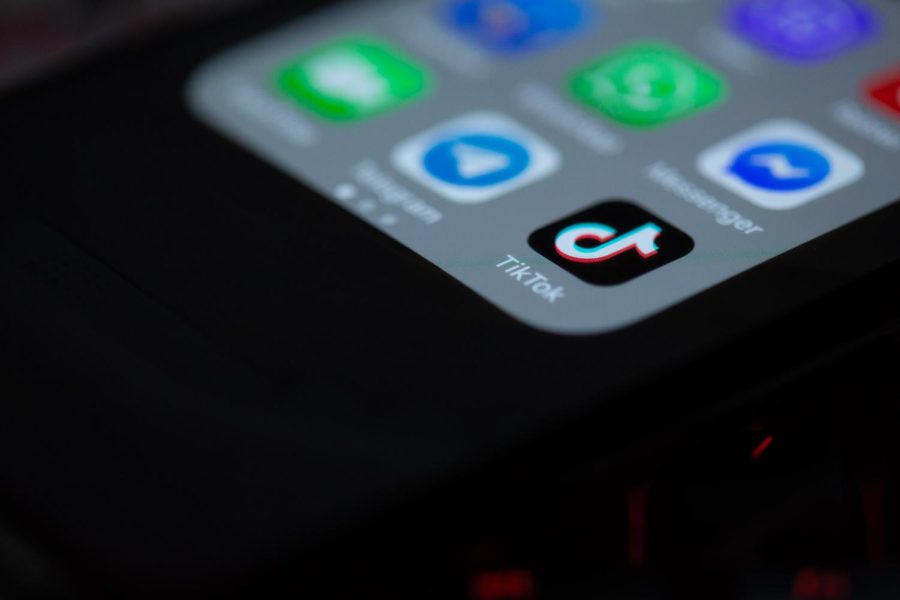Tik-Tok’s time is up: Florida universities ban the use of TikTok on school-owned devices
April 12, 2023
The State University System of Florida Board of Governors has banned the social media app TikTok, along with other software from use on university-owned devices due to “potential cybersecurity threats to the Florida State University System and national security.”
On Wednesday, University of West Florida students received an email announcing the immediate ban of TikTok and several other software programs on university devices and devices connected to the university’s networks.
“Use of these applications on university-owned devices or networks will be prohibited, and use of these applications will be blocked on devices connected to the campus’ wired and wireless networks,” according to the email.
UWF students were not the only ones informed of the ban, which also includes some of the state’s largest institutions, such as Florida Atlantic University, the University of Florida, Florida State University, and the University of South Florida, among many others.
Among the other apps and software applications banned were Kaspersky, Vkontakte, Tencent QQ and WeChat.
Students statewide have expressed their unhappiness with the ban and are turning to their cellular data to access TikTok.
Students at UWF had concerns about what this ban could mean for other platforms, questioning if this would be the first of many platforms to be restricted.
“Personally, I don’t use TikTok very often, but it is concerning to me that the school has banned TikTok from the campus,” said UWF student Gillian Buckley. “Because if they can ban TikTok, then what’s next?”
Others said that the ban does not affect them personally, but they do feel for students who live on campus and will have to turn on cellular data to access the app.
“Although it doesn’t affect me directly, I feel really bad for like anyone living on campus who doesn’t have unlimited data, and they love to scroll on TikTok because that’s like a fun pastime, so I feel bad for those who have to rely on campus Wi-Fi,” UWF student Adell Roebuck said.
While there has been debate as to whether the app poses a serious privacy risk, some are not sure if banning TikTok should be as big an issue as it is.
“Although I do understand that this is a state institution and that this is a company from China, I’m not OK with my information being leaked out to the Chinese government,” UWF student Ed Aparicio said. “I don’t think the Chinese government really cares if I’m doing stupid dances or anything like that as well. I’m very mixed with the whole TikTok ban.”
The ban on TikTok has been a topic of discussion for quite some time now, and members of the U.S. House of Representatives and the U.S. Senate have expressed their desire to have the China-owned app banned in the U.S.
Though TikTok has only recently been banned from Florida universities, there is already discussion about whether the platform will continue to be banned on a much larger scale.


